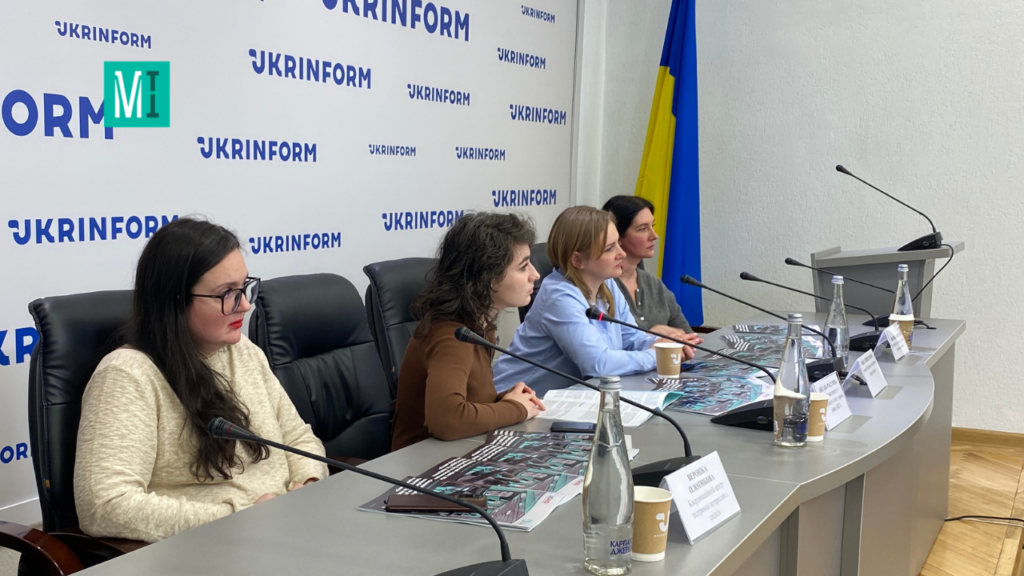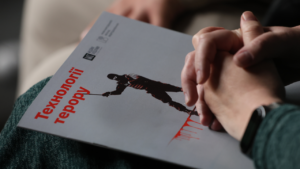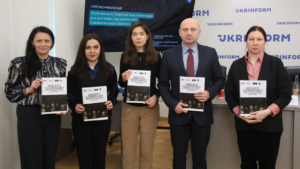Despair or search for justice: why victims of war crimes participate in court hearings

On March 20, the MIHR presented an analytical study on victims’ legal status, experience, and motivation in war crimes cases. This is the first such study in Ukraine. The research consists of a theoretical part about the experience of other countries in working with victims of war crimes, an analysis of national legislation, and a practical part where the team summarizes the experience of victims whose cases are already in courts or under active investigation.
The first part of the study explains the legal framework of victims’ situations — both in national processes and in terms of international standards. In particular, this part draws attention to imperfections in the protection of victims’ rights and the incomplete compliance of national standards with international ones. We also introduce the concept of a human-centered approach and explain the inappropriateness of the term “victim” and victim-centered optics.
In the second part of the report, the MIHR describes the challenges faced and how other countries that have experienced war have developed support systems for victims and witnesses. In particular, we draw attention to the cases of Georgia, Croatia, and Bosnia and Herzegovina — their example clearly shows that the further away from the moment of the crime, the greater the victims’ disbelief in justice and the more unable international mechanisms are to compensate for their losses.

During the presentation of the new analytics of the MIHR, Lyudmyla Shumkova (on the right), a victim in the case of one of the Kherson torture chambers, talked about her experience of communication with law enforcement agencies.
The third section consists of in-depth interviews with victims, which we have conducted since the summer of 2023. People talk about the humane or insensitive attitude of the law enforcement and judicial systems towards them, the peculiarities of communication, the actual trial, testimony, expectations, and attitudes toward justice. It turned out that people who survived war crimes at the beginning of the full-scale Russian invasion and still have no sentence lose motivation and faith in justice. At the same time, awareness of their historical role and the desire to establish the truth can support them.
In addition, we analyze the principles of work of the newly created Coordination Center for Victims and Witnesses.
We conclude the study with a list of tips for stakeholders that can improve the approach to working with victims at various levels, from legislative to media coverage.
You can read the full analysis here and below.







